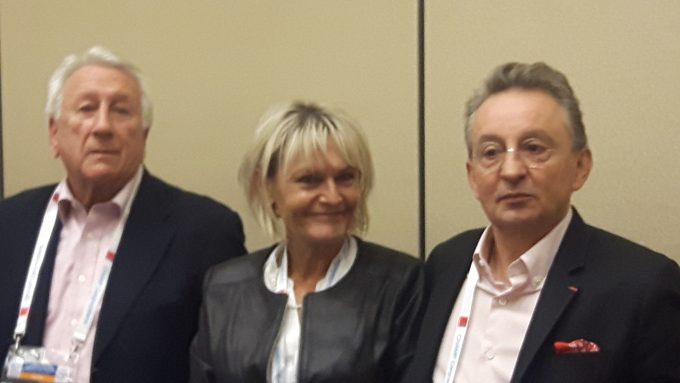SATS – a glimpse of light, yet little value spotted
Slow progress

The ground handling market – and e-commerce – is set for a makeover with the formation of a new global network by WFS founder Olivier Bijaoui and Consolidated Aviation Services (CAS) founder Simon Caviezel.
The pair have set up US-based Transborder Aviation Holdings, which plans to identify acquisition ...
Keep our news independent, by supporting The Loadstar
Four crew members still missing as Wan Hai 503 continues to burn
Explosions and 'out-of-control' fire reported on Wan Hai box ship
Carrier price hikes hold, driving spot rates higher as space gets scarcer
Predatory rivals circle as the ripples from DSV's Schenker buy widen
MSC Elsa crew face criminal probe, as Wan Hai 503 firefighters battle on
Transpacific rates ease as capacity boost proves too much for trades to digest
'It's driving us mad', say forwarders as US court fails to end tariff turmoil

Comment on this article